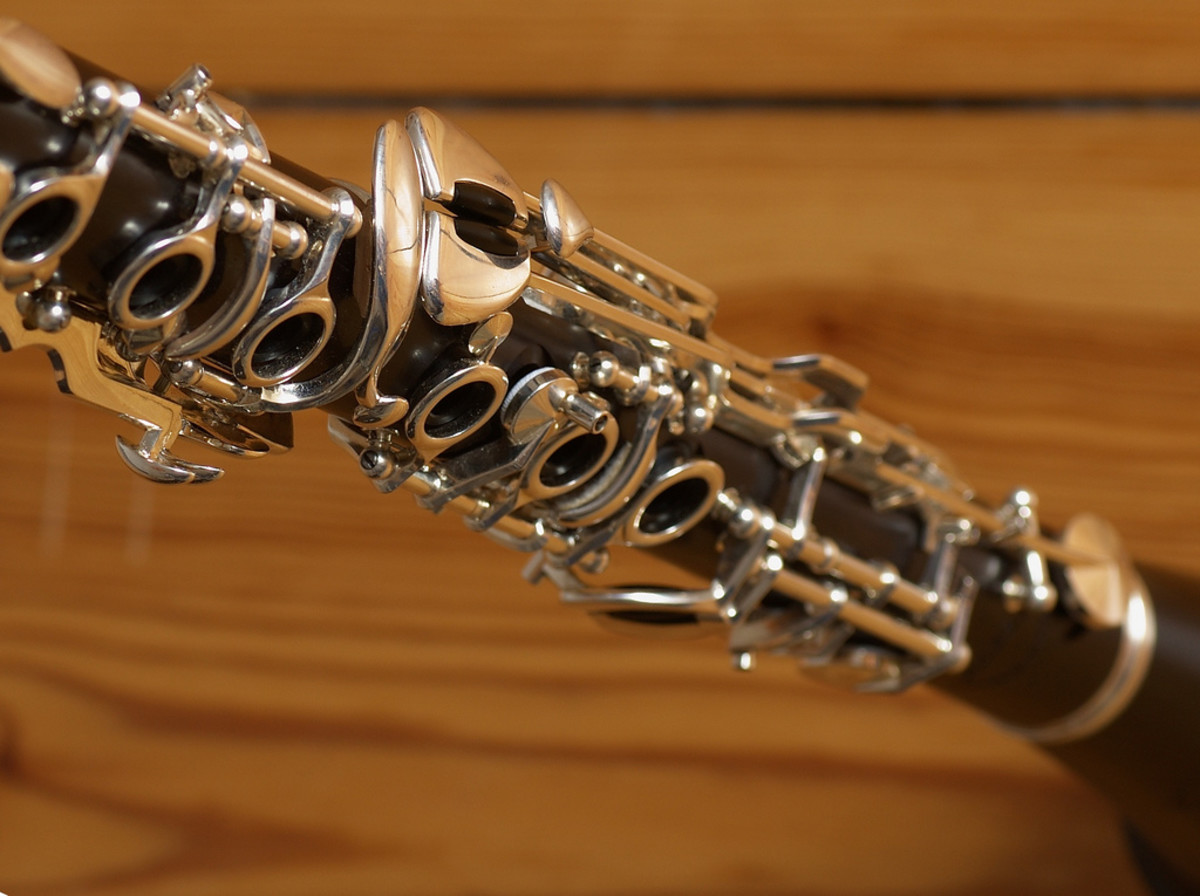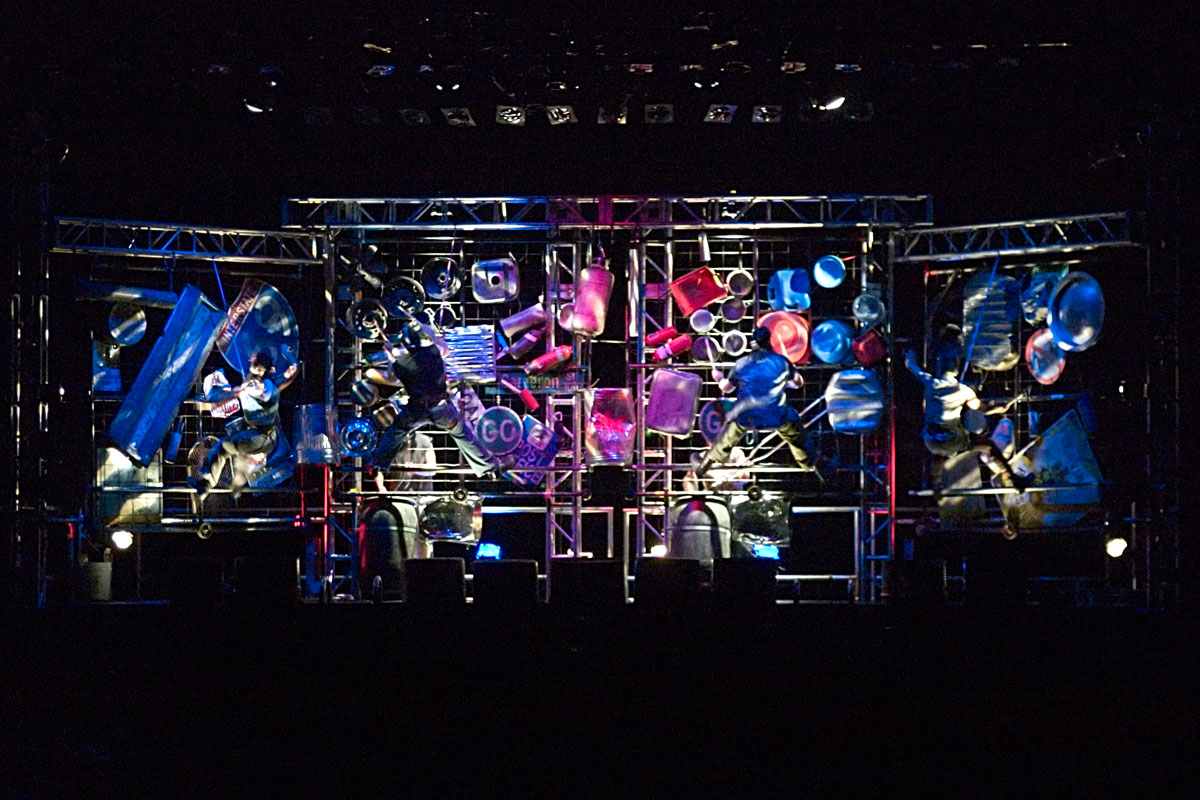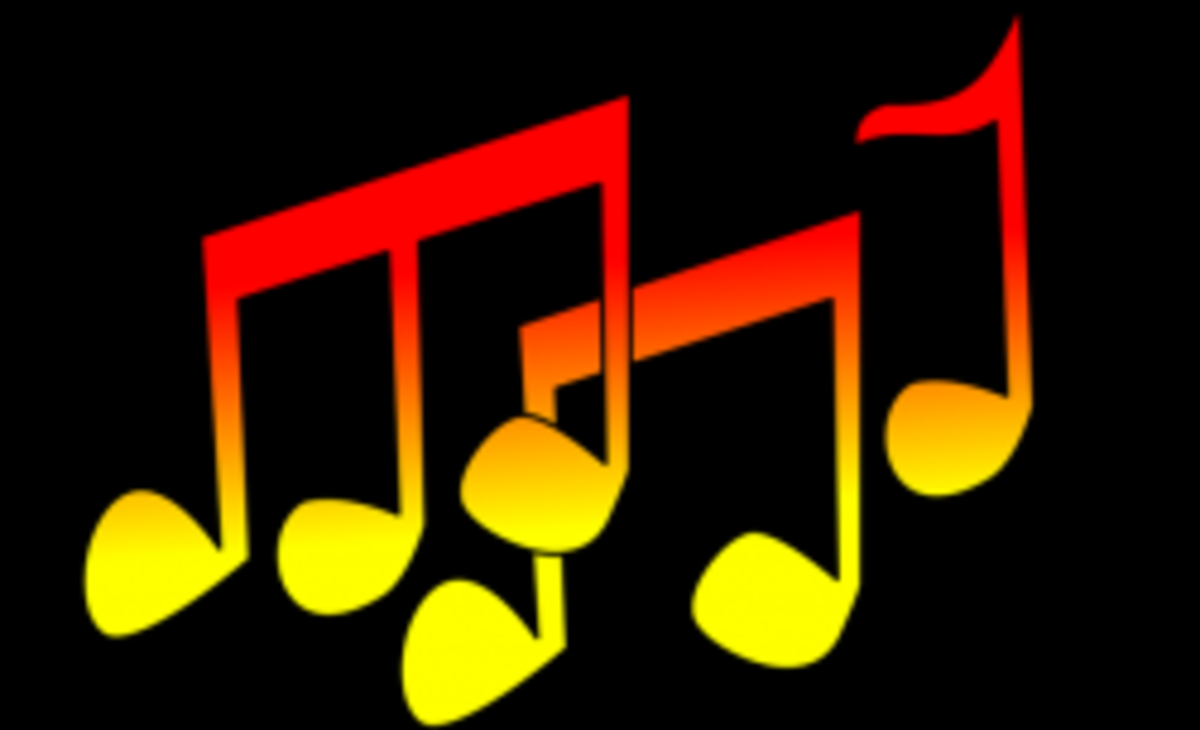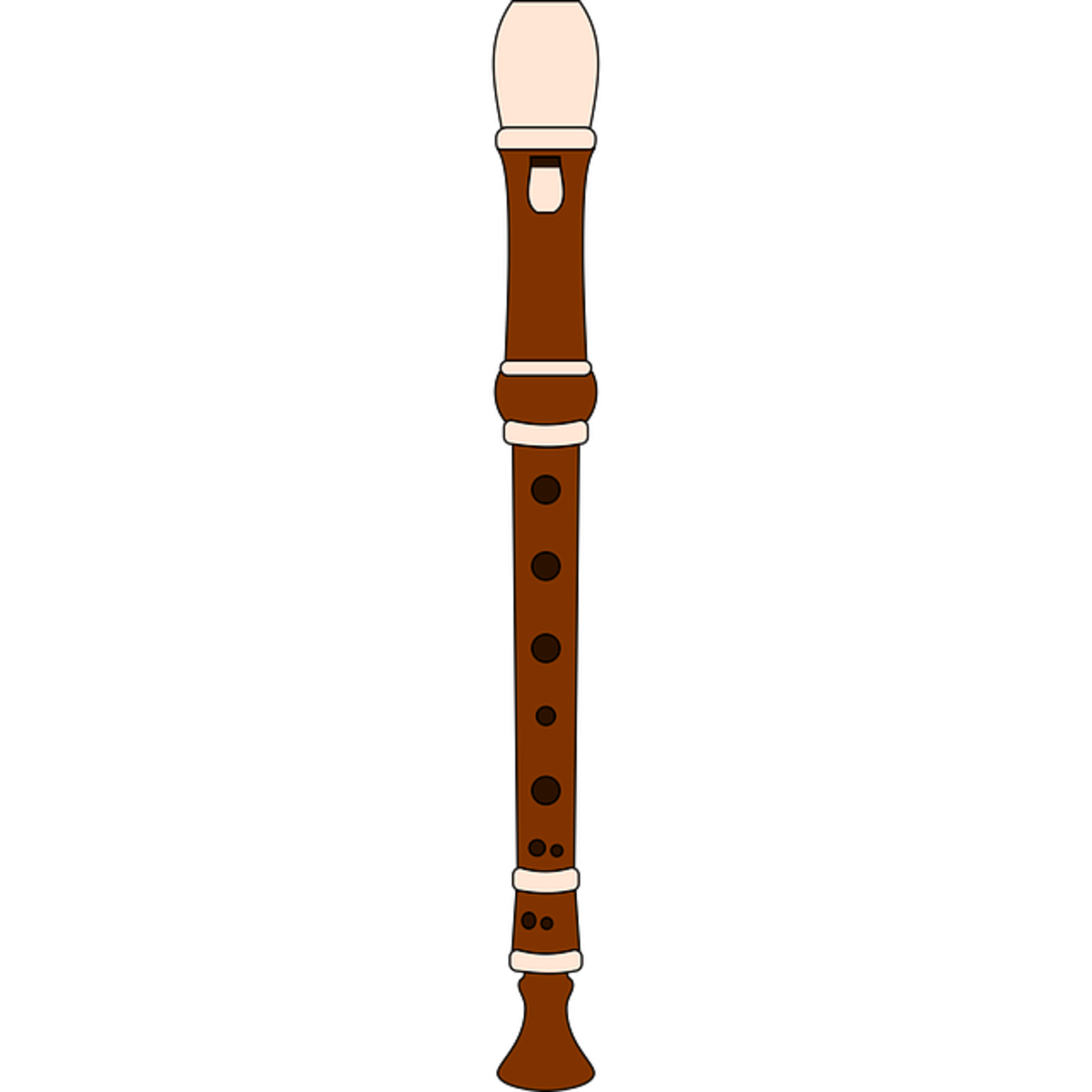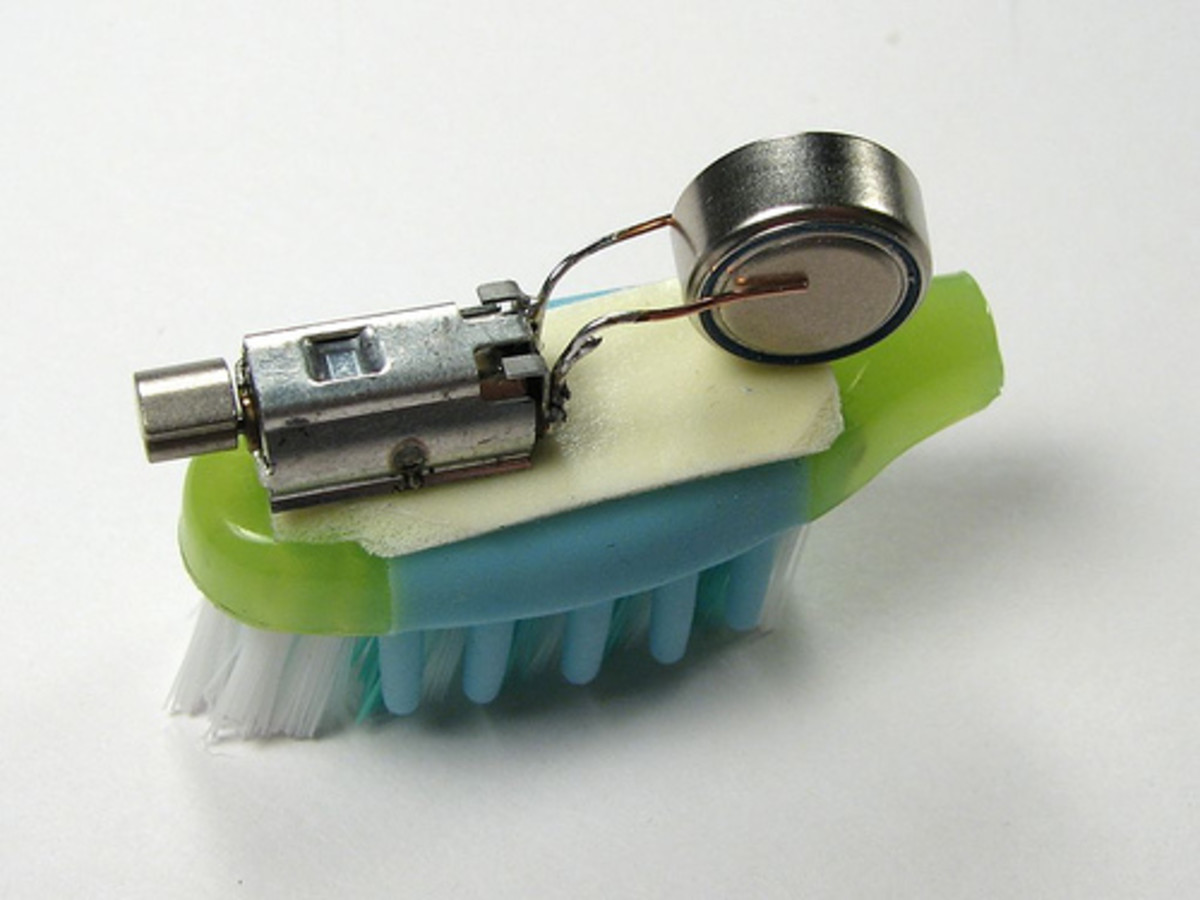Musical Instruments: Should a Child be Made to Learn?
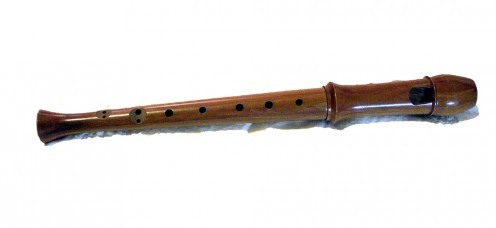
Should You Insist On Music Lessons?
In a word, no. When it comes to extra-curricular activities, let the child be your guide. This is a safe area to allow the individual child some control over their own lives. If they want to study music, by all means, let them. If you cannot afford an instrument, sometimes one can be rented or borrowed. If they just want to sing, that's almost free--their instrument is built-in!
But insist on music lessons? Force them into the study? No, not on your life. All you will do is breed resentment, and very likely also kill any interest they may have, or might develop later on.
If you try to force the issue, it will surely backfire. I saw this happen with my own daughter, when my ex wanted to teach her to play the recorder. She was only 4 years old, and wasn't ready. She did not practice, and showed little interest. My ex got disgusted, and said basically 'to heck with you, then,'
Years later, when she did show an interest and talent for music, he brushed her off with, "You didn't want to learn when I wanted to teach you, so forget it, now." Admittedly, that was wrong and very childish on his part (one reason he's an "ex).
She eventually did go on to study music to some extent, but I think that early "forced" issue prevented her from being quite as enthusiastic as she otherwise might have been.
At What Age Should a Child Study Music?
Again, let the child guide you in this decision. Some children seem to be born singing or making rhythm; others may be 4, 7 or 10 years old before music catches their attention. Other children are never interested at all The best thing you can do is "go with the flow." .
If your pre-schooler or 1st grader wants to make up songs and "play music" on your pots and pans...let them. Just invest in some earplugs for yourself, and set time limits. The noisy stage will either wear off and stop, or develop into something more musical, and more pleasing to parental ears.
In the town in which I raised my own children, the school district introduced recorder at 4th grade, and made all the kids study the instrument as their 'introduction' to music. Did it work? No, not really. Ninety percent of the kids treated the instruments as toy noisemakers, driving their parents (and the neighbors) crazy by over-blowing and causing horrible shrill screeches all the way up and down the block to and from school.
A recorder is usually chosen by schools because cheap plastic versions can be had. (A cheap choice does not equal a good choice.) A recorder is a delicate instrument, and it takes a soft breath technique to produce the proper tones. That kind of breath control is not usually found in 10-year-olds. It also takes fairly dexterous finger control to cover/uncover all the holes to produce the various notes.
Only the 3 or 4 kids in any class who had already shown an interest in or talent for music went on to pursue musical studies beyond that point. The entire exercise was pointless anyway, because by then, the school district had already cut funding to the music program, and there was no band or other instruments to which the children could progress.
What Are the Benefits To Learning Music?
Well, there is much argument made in favor of how music helps the child develop discipline; how it helps with math and translates into so many areas of life.
The main problem I have with these persuasive-sounding statements is this: they are not true for everyone. For example, music is really very mathematical. I studied piano for 4 years, but you'd never know it. I also struggled mightily with math, especially as a child--basic arithmetic gave me fits.
Did the music translate to help me with the math? No, it did not. In fact, the opposite was true: there was much about the music that I had difficulty grasping exactly because of its basis in mathematical concepts.
So again, it depends upon the individual child and their particular talents and areas of interest.
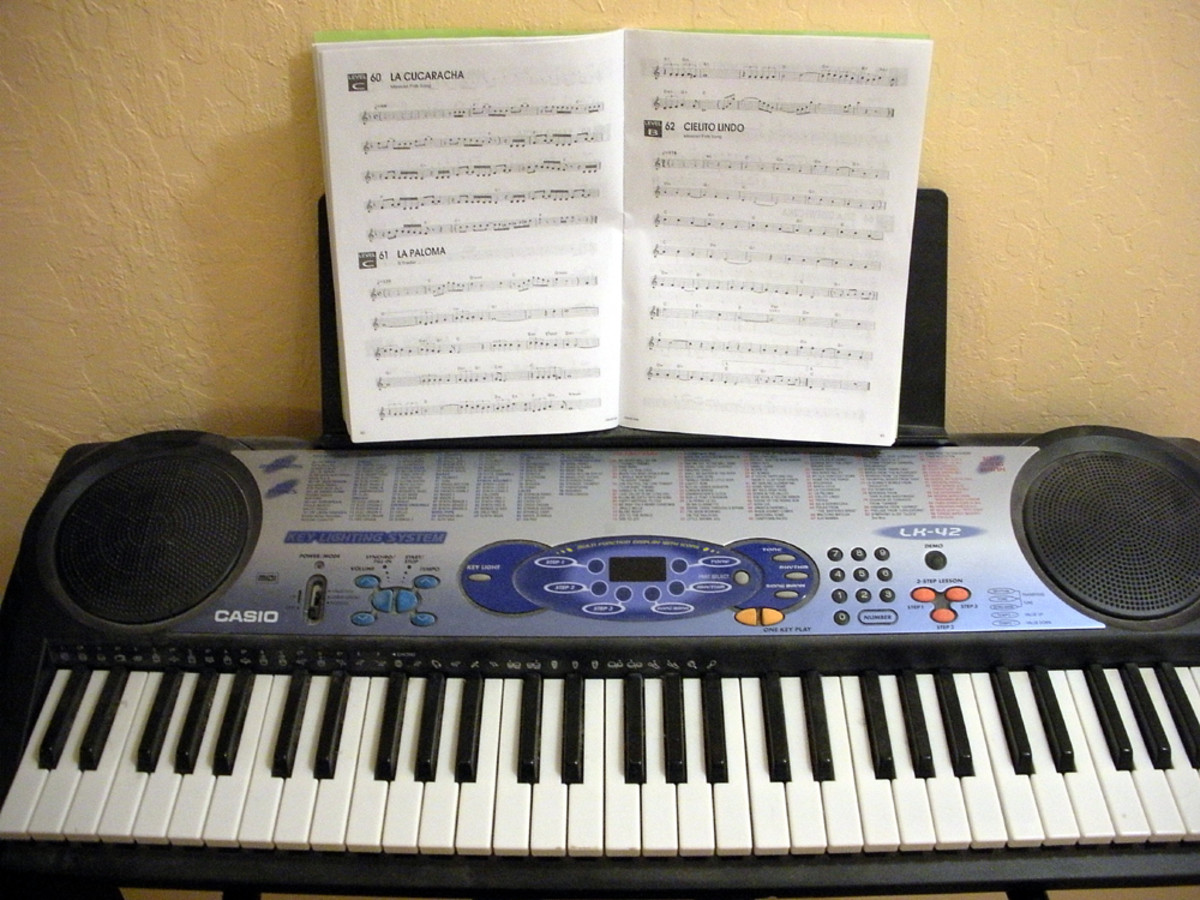
What About Reality?
While no interest in musical arts should ever be squelched, kids should be encouraged to play the instrument of their choice, or sing, just for the sheer joy of it; for the pleasure it gives them.
Encourage them also to do well at their schoolwork, and choose a profession besides music. It could be that one day, they end up the next winner on "America's Got Talent" or some other such show, and find that they have a fantastic life in a musical career. However, they should be aware that such things are the exception, not the norm, and music for a hobby is equally valid. They should also be aware that getting that good is a lot of hard work! Not everyone is going to be a Jackie Evancho.
Even fewer are going to be a Wes Montgomery, who became a famous jazz guitarist based on self-taught raw talent without ever studying music at all. The man could not even read music!
Therefore, a solid professional choice is also in order, even if only as a "fall-back."
If Not Music, Then What?
Good question. Here is my answer: what is important is a well-rounded education and exposure to culture of all types. However, every child is talented in different ways, so while they may be exposed to culture in the form of music, that will not necessarily turn them into a musician.
Again, let the child's interests be your guide. They may prefer drawing or painting; they may prefer dance; they may prefer reading or composing poems. With so many public schools cutting back on the arts, even eliminating them entirely, such exposure to cultural elements falls back to the home.
Then again, there will be children not interested in the least in sitting-still activities like music or art. They need the physical outlet of dance, baseball or gymnastics. While sports are not "culture" in the usual meaning of the word, they are a part of the general culture--in an anthropological sense-- at large.
And no, plopping the kids down in front of the idiot box to watch movies or play games is not 'exposure to culture.' Not unless the movies are of ballet; opera; art lessons; poetry readings; plays; symphony orchestras, or similar things usually mentioned when we speak of 'culture.'
Teach Decision-Making
When I say 'let the child decide,' or 'let the child guide you,' I am speaking strictly within this subject. Let them choose their instrument; their art medium; their sport or activity.
I do not mean to imply by any stretch of the imagination that the kids should rule the roost, and demand that their parents buy them all the latest electronic gadgets, games and toys. They should not get spoiled by being given whatever they ask for. The parent is still the parent, and must set rules according to their own budgets and standards.
However, it is good for children to learn to make choices and decisions on their own, and the choice of what instrument to study or activity, is a safe place to practice that decision-making skill. Once they have decided, however, they should be encouraged to stick with it for a set time frame, in order to gain the maximum benefit.
For example, my piano lessons. The girl next door, who was four years older than I, played beautifully. So, I wanted to be "just like that." Since my mother already had a piano, which she played fairly well, I was allowed to take piano lessons from the neighborhood piano teacher.
When I discovered it was more work than I bargained on to make pleasing music, and found that it disagreed with my math difficulties, after about 3 years,, I wanted out. I was made to stay another full year. The teacher told my mother, "If she quits now, she'll never play again."
Well, she was not far wrong. I did stay the final year, but I did not progress. Can I play the piano today? Barely. Do I play? Not really. I sold the piano a couple of years ago. I have an electronic keyboard that I fool with a couple of times a year. My sight-reading skills are beneath rock-bottom, and my rhythm is terrible. I cannot play with others because I cannot keep the tempo--that math thing again! Yes, I can read music, yes, I fool with the keyboard and the recorder..but not often. I'm no musician. I write. That is where my passion is.
Let your child discover his or her own passion.
© 2012 Liz Elias

